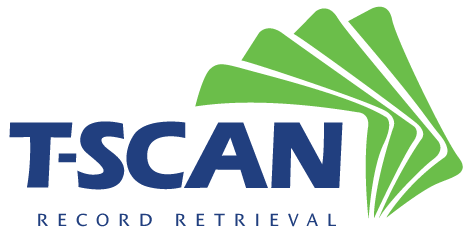The record retrieval workflow encompasses several intricate steps, leading to an average duration of 15.9 business days for the entire process. This duration accounts for the meticulous documentation and communication involved in successfully obtaining the required medical records.
Step 1: Deliver Signed Authorizations - 1 Business
Following successfully acquiring client signatures, the opposing counsel promptly delivers the signed authorization forms back to the requesting party. This step focuses on ensuring the presence of all required signatures and the proper execution of the documents.
Efficient handling of this process allows for the timely progression of the record retrieval workflow.
-
Verification of Key Data Points. Date of Birth, SSN and Date Ranges, and Signature are confirmed for accuracy and validity. Additionally, jurisdictional release of information policy and facility best practices are considered.
-
Prompt Delivery. The signed authorization forms are promptly delivered to the requesting party, ensuring the timely progression of the retrieval process.
Step 2: Confirmation of Receipt - 3 Business Days
Upon the receipt of the signed authorization forms, the requesting party promptly confirms the successful acquisition of the release of information documents. This crucial step acknowledges the completion of the document exchange process and paves the way for the subsequent stages of the retrieval workflow.
Timely confirmation ensures the smooth progression of the entire retrieval process.
-
Prompt Receipt Confirmation. T-Scan promptly confirms the receipt of the signed authorization forms, ensuring efficient communication and progress.
-
Validation of Document Exchange. The facility is required to confirm & validate the successful exchange of authorization documents.
Step 3: Follow-up Calls - 8 Business Days
Subsequent to the confirmation of receipt, legal professionals engage in follow-up calls to ensure the smooth progress of the retrieval process. This phase involves addressing potential issues, clarifying details, and maintaining communication with all relevant parties involved.
Thorough follow-up enhances coordination and ensures the comprehensive handling of the retrieval workflow.
-
Thorough Communication. T-Scan release of information professionals engage in detailed communication to address potential issues and maintain clarity throughout the process.
-
Client Coordination. If payments are required above existing prepayment limits, client approval is immediately requested. Additionally, if issues or conflicts are discovered, clients are promptly notified.
Step 4: Receive Records - 1 Business Day
Upon the completion of all preparatory stages, the legal team receives the requested medical records from the healthcare provider or facility. This critical step involves the physical or electronic transfer of the records to the legal representatives, ensuring the successful acquisition of the required documentation.
Efficient receipt handling enables the seamless continuation of the retrieval process.
-
Secure Records Reception. The T-Scan Record Processing team receives and uniquely identifies the requested medical records, maintaining the integrity of the retrieval process.
-
Efficient Transfer Process. The transfer process is handled with efficiency, ensuring the successful acquisition of the required documentation.
Step 5: Process & Summarize Records - 2 Business Days
Efficient processing ensures the availability of essential information for legal proceedings and decision-making.
-
Meticulous Record Processing. Legal professionals meticulously process and categorize the received medical records for comprehensive handling.
-
Comprehensive Summary Preparation. A comprehensive summary powered by AI is prepared, providing essential information for record review.
Step 6: Deliver to Client Library - 0 Business Days
The summarized and processed medical records are promptly delivered to the client's library or repository. This ensures the availability of the necessary documentation in a secure digital database or a physical location for future reference or use in legal proceedings.









 1-800-285-1507
1-800-285-1507 info@tscan.biz
info@tscan.biz.png)